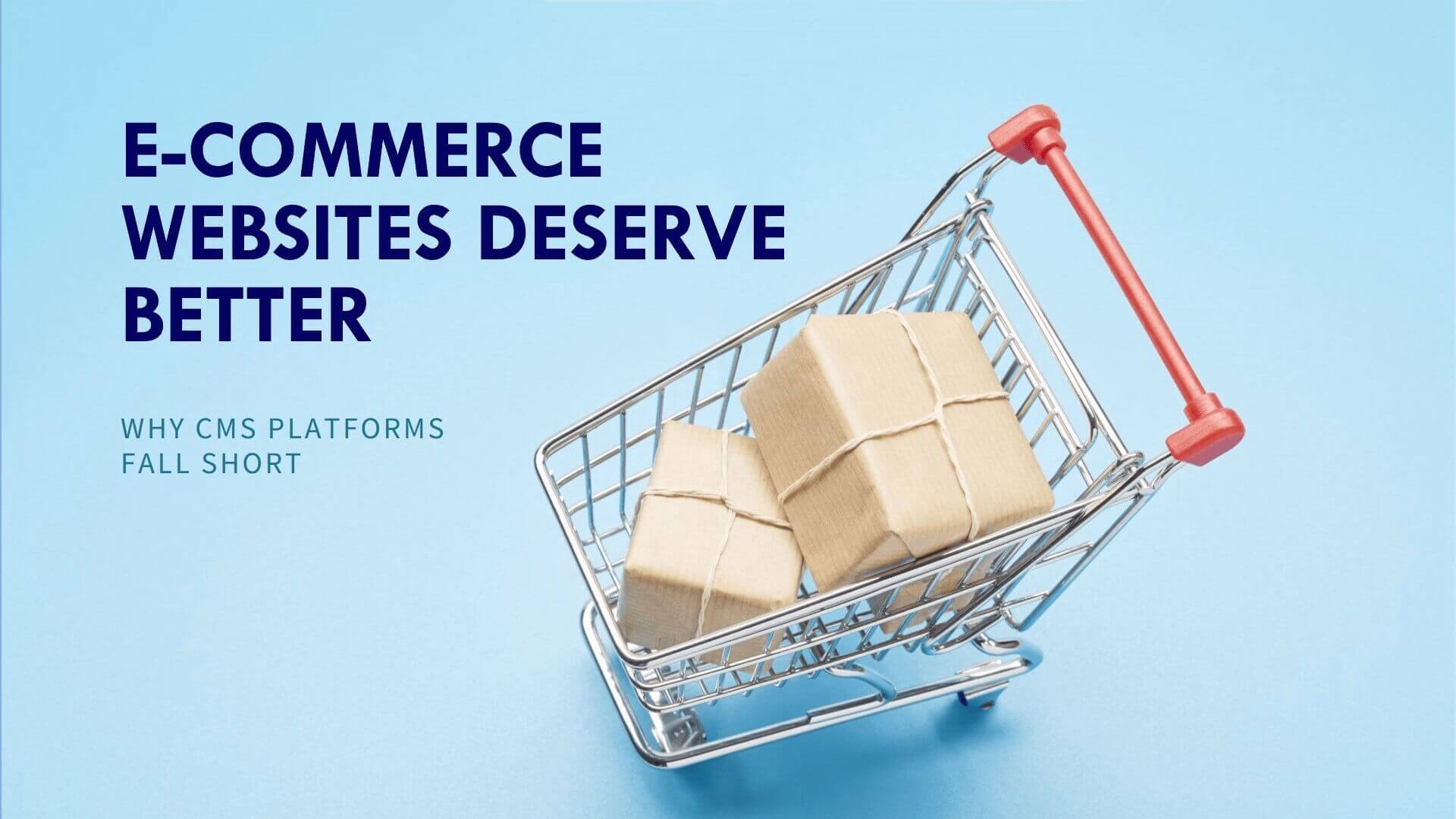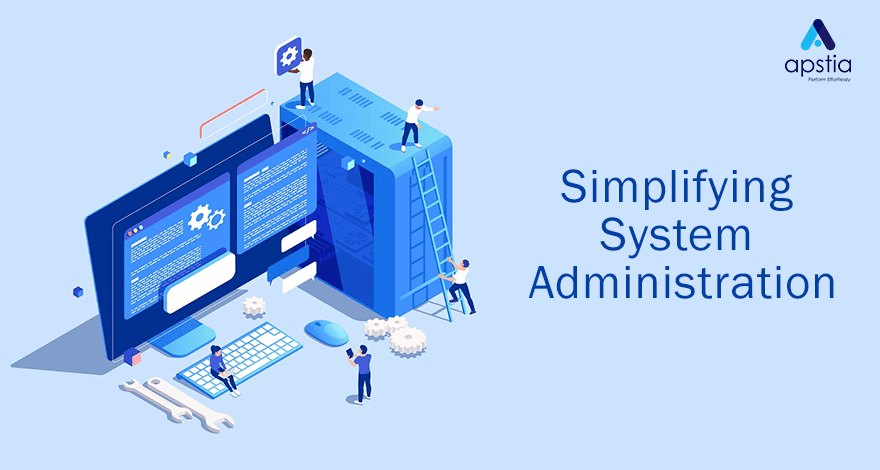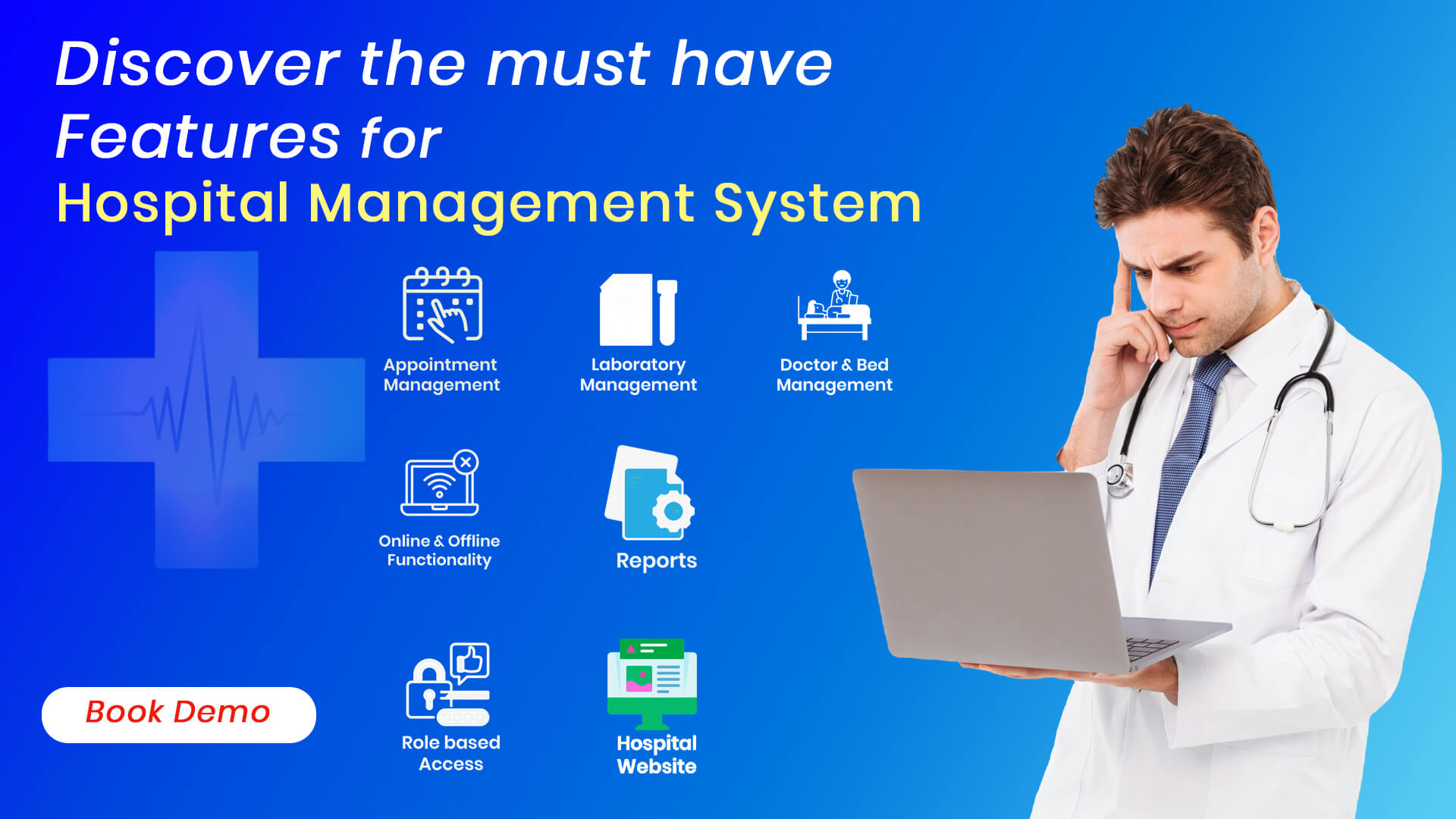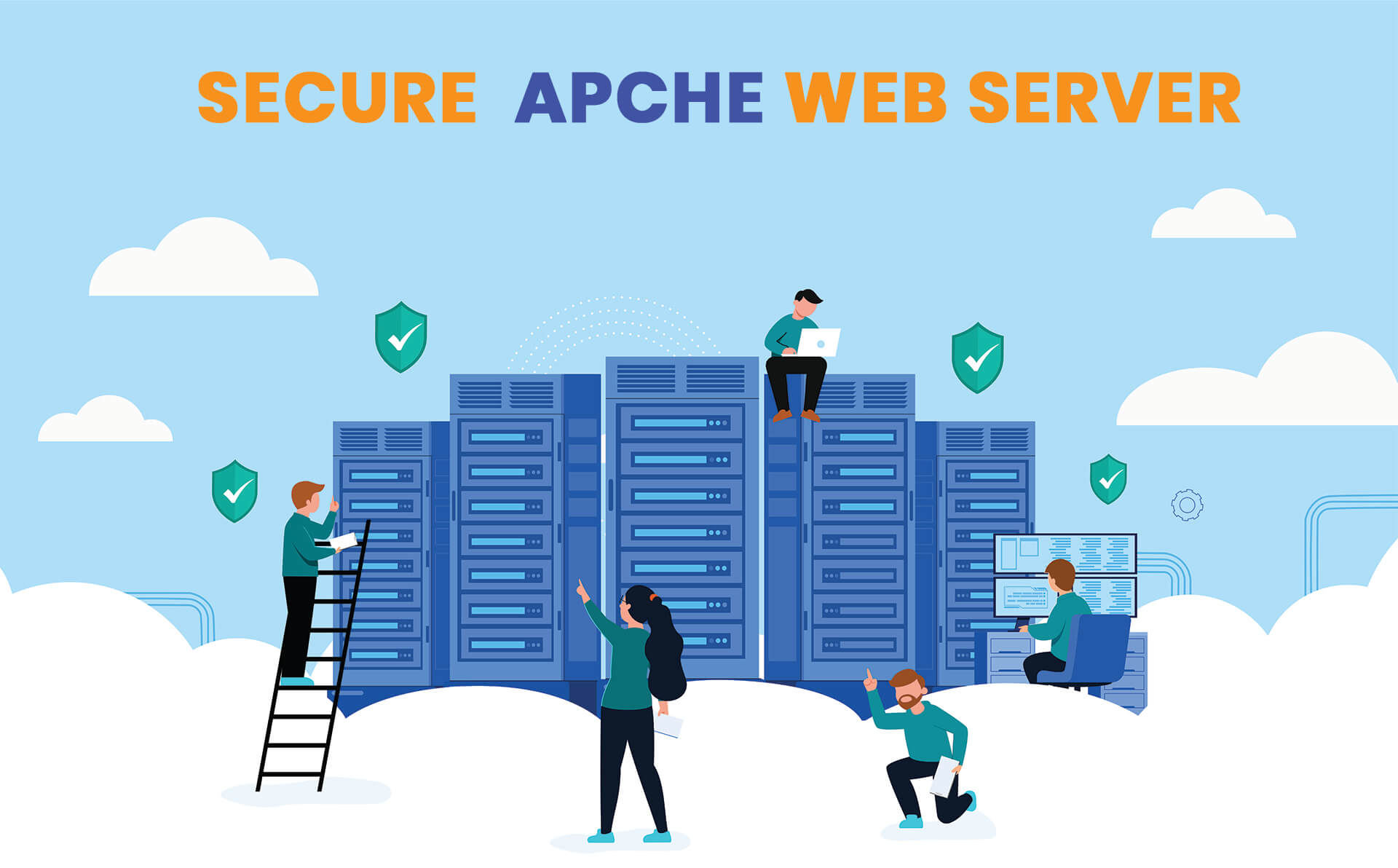When launching an online store, many business owners gravitate toward popular like , , or for their simplicity and quick setup. But while these platforms can be great for getting started, they often fall short when it comes to , , , and . For e-commerce businesses that want a high-performing, fully customizable, and , a robust framework like may be a far better solution. In this article, we break down why CMS platforms are not the best choice for e-commerce—and why Laravel stands out as a smarter, future-proof alternative.
When launching an online store, many business owners gravitate toward popular CMS platforms like Shopify, WooCommerce, or Magento for their simplicity and quick setup. But while these platforms can be great for getting started, they often fall short when it comes to customization, scalability, site speed, and long-term growth. For e-commerce businesses that want a high-performing, fully customizable, and secure online store, a robust framework like Laravel may be a far better solution. In this article, we break down why CMS platforms are not the best choice for e-commerce—and why Laravel stands out as a smarter, future-proof alternative.
1. CMS Platforms Don’t Offer Full Customization
The beauty of CMS platforms is that they offer pre-built themes and plugins to get you up and running fast. But here’s the catch—those same tools are often limited when it comes to customization. Need a unique checkout flow, custom pricing rules, or a completely tailored user experience? With most CMS platforms, you’re stuck working within their limitations.
And while plugins can help, they often fall short of delivering the specific functionality you need. For an e-commerce site that truly stands out and gives your customers a tailored experience, you’re better off with a custom solution like Laravel, where you have full control over every part of the site.
2. Plugin Overload Slows Down Your Website
CMS platforms rely heavily on plugins to extend functionality. Need a feature? There’s probably a plugin for that. But as you add more and more plugins to your site, things can start to get messy. Your website might slow down, especially if the plugins aren’t well-optimized, which can lead to longer load times and frustrated customers.
In e-commerce, every second counts. If your site is slow, shoppers will abandon their carts and head elsewhere. Laravel, on the other hand, is designed for speed and efficiency, ensuring your site runs smoothly even as you scale.
3. Scaling Your Business Can Be a Challenge
If you’re serious about growing your business, scalability should be top of mind. Most CMS platforms work well for small shops with limited products, but as your business grows, so do the demands on your website. Large product inventories, higher traffic, and complex features can overwhelm a CMS.
With Laravel, scalability is built-in. Whether you’re handling thousands of transactions or managing an ever-growing product catalog, Laravel can adapt and scale with your business without missing a beat.
Here's a more natural and humanized version of the content:
4. Security Risks with CMS Platforms
When you’re running an e-commerce website, security should be a top priority. Unfortunately, CMS platforms are more vulnerable to attacks, especially if you’re using a lot of third-party plugins. Each plugin introduces potential security risks, and if you don’t keep them updated, you’re leaving your site open to hacks.
In contrast, Laravel is known for its strong security features. You have control over how the site is built and secured, reducing the risks that come with relying on multiple third-party plugins.
5. Hidden Costs Can Add Up
At first glance, CMS platforms seem like the cheaper option. But once you start adding in all the plugins, themes, and performance boosters, the costs can quickly add up. Many of these tools come with monthly fees, and as your needs grow, so do the costs.
By choosing Laravel, you’re investing in a long-term solution. You won’t need to rely on costly plugins to get the functionality you need, and you’ll avoid the recurring fees that come with many CMS platforms.
6. Limited SEO Control
While CMS platforms often provide basic SEO functionality, they usually don’t offer the advanced tools you need to really fine-tune your site for search engines. Things like site speed, structured data, and custom URL structures can be difficult to control within the constraints of a CMS.
With Laravel, you get complete control over your website’s SEO, helping you rank better in search engines and drive more traffic to your store.
7. Being Locked into One Platform
One of the biggest issues with CMS platforms is vendor lock-in. Once you’ve built your e-commerce site on a specific platform, it’s tough to migrate to a new one. This means you’re stuck with their pricing, limitations, and ecosystem—even if it no longer serves your needs.
By choosing Laravel, you maintain full ownership and control over your site. You’re free to build and modify your e-commerce platform without being tied to a single provider’s restrictions.
Why Laravel Is the Better Choice for E-Commerce
In contrast to CMS platforms, Laravel offers the flexibility, control, and performance that growing e-commerce businesses need. Here’s why it’s a better choice:
- Customizable from the Ground Up: Laravel allows for full customization, ensuring that every part of your store, from the product page to the checkout, works exactly as you need.
- Fast and Efficient: Built for performance, Laravel can handle the high traffic and large databases of a successful e-commerce website.
- Highly Scalable: As your business grows, Laravel can grow with it—no need to worry about outgrowing the platform.
- Secure: With Laravel’s built-in security features, you can rest easy knowing your customers' data is safe.
- Cost-Effective: Since you’re not relying on numerous plugins, Laravel can be more cost-effective in the long run.





